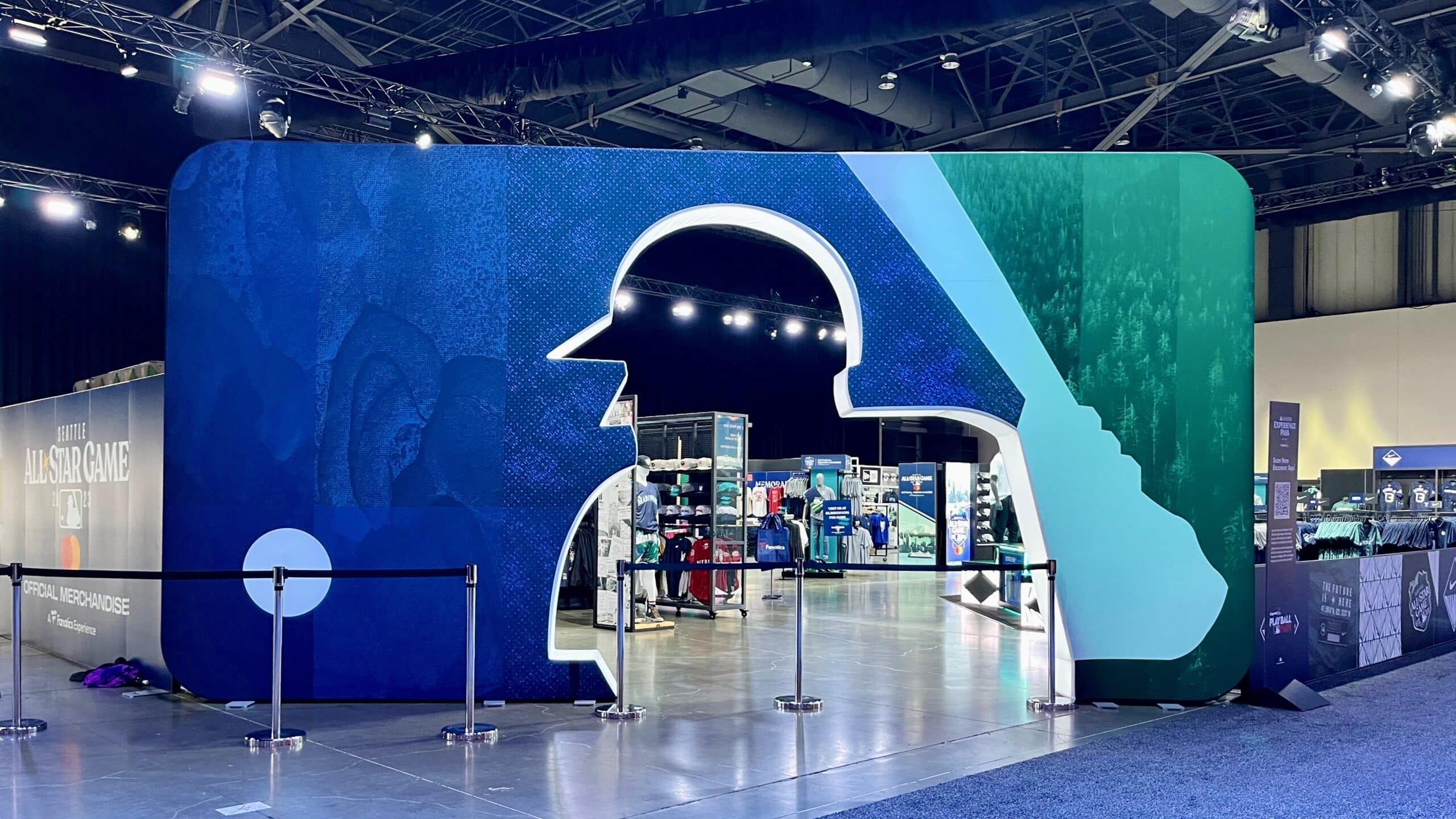Quantum technology seeks to harness the peculiar laws of quantum mechanics to build more powerful tools for processing information. Quantum computers are the most headline-grabbing form of the technology, but quantum particles are also being deployed to build more secure communications networks and more powerful sensors for imaging and measurement.
The technology has obstacles to overcome before it achieves widespread use, but the pace of progress is akin to the dawn of the electronics industry, said David Awschalom, a University of Chicago physicist and molecular engineering professor who helped create the new accelerator, Duality, alongside the University of Illinois and Argonne National Lab.
“We are at the birth of a new field of technology. It’s like we’re at the point where the transistor is being invented,” Awschalom said in an interview. “People are beginning to think about systems, software, applications,” and are starting to found companies, he said. “Every month or two we’re seeing something appear.”
Existing computers and communications networks store, process and transmit information by breaking it down into long streams of what are known as bits, which are typically electrical or optical pulses representing a zero or one.
Quantum bits, or qubits, are units of data that differ fundamentally from the bits in today’s electronics. Often atoms, electrons or photons, they can exist as zeros and ones at the same time, or in any position between, a flexibility that allows them to process information in new ways. Some physicists compare them to a spinning coin that is simultaneously in a heads and tails state.
Qubits are finicky and have the propensity to stop functioning at the slightest disturbance, such as a minor change in temperature. But companies including IBM, Google, Honeywell and IonQ are making progress harnessing qubits for early stage computers, some of which users can access online.
IBM now has about 20 quantum computers hooked up to the cloud and is offering free access to about half of them so researchers and the general public can experiment, said Bob Sutor, the company’s “chief quantum exponent.”
IBM’s higher-end machines are available to paying customers, which have included ExxonMobil, Goldman Sachs, Daimler and Boeing, Sutor said. Large companies are using the computers to try to crack difficult problems, like finding better chemical reactions to make new materials, or identifying the best way to allocate funds in an investment portfolio.
IBM is also laying plans to start installing the machines on-site to its customers. Last week the company announced a health-care research partnership with the Cleveland Clinic, which will involve the delivery next year of a quantum computer to the hospital’s labs.
The availability of the computers is helping spark new software ventures to write code for the machines. Other entrepreneurs are setting up companies to develop quantum sensors and communications equipment.
The Chicago area is already a hub of quantum technology, serving as a base for three of eight federally funded quantum research centers launched last year. Now the city is aiming to be a center of the start-up scene.
The Duality accelerator is hoping to leverage the physics and engineering expertise from its university partners, and from the nearby Argonne and Fermi national labs, to support commercial ideas bubbling up from PhD students and others.
Based at the University of Chicago’s Booth School of Business, the accelerator program will invest $20 million over the next decade to help up to 10 quantum start-ups a year. The ventures will receive $50,000 grants, access to lab and office space and close mentoring by science and business faculty members.
Pranav Gokhale, a recent recipient of a computer-science PhD from the university, says he’s hoping his software start-up will receive one of the Duality awards. Gokhale founded the company, Super.tech, with one of his professors, Fred Chong, who runs a federally funded group that is developing new algorithms, software and machine designs for quantum computers.
Chong said that while quantum computers are beginning to emerge, “there is very little on the software side.”
“For the first time we have real hardware, real machines that have been built. At the same time those machines are very error prone,” he said. “While there is a lot of potential, it is extremely hard to get them to solve real problems right now.”
The challenge for software developers, he said, is to design programs that work “for imperfect quantum machines” and are “aware of the physics of the machines.”
Gokhale said Super.tech’s aims include designing software to help power companies most efficiently allocate their energy resources. “A utility has to figure out which generators to turn on to satisfy demand,” he said. “You can imagine that 4 p.m. might have a different demand for energy than 4 a.m., when people are asleep.”
Awschalom said his own PhD students recently came to him with a start-up idea that they are now mulling over. Their idea, for a new type of quantum sensor, grew out of research done by their lab.
Brian DeMarco, a physics professor at the University of Illinois Urbana-Champaign who helped get Duality off the ground, said he sees sensors as one of the nearest term applications for quantum technology. The sensitivity of qubits could make them powerful tools for applications such as looking down at Earth or out at space from satellites, or identifying new underground mineral deposits, he said.
Investor interest in the field has been growing. Maryland-based IonQ, founded by the physicists Chris Monroe and Jungsang Kim in 2015, has raised tens of millions of dollars from various investment funds — most recently from Breakthrough Energy Ventures, the fund backed by Bill Gates that invests in technology related to clean energy.
Breakthrough Energy is interested in quantum computing as a tool for finding new materials to enable carbon sequestration, said Monroe, chief scientist at IonQ, which has announced plans to go public on the New York Stock Exchange.
ColdQuanta, another venture based in Boulder, Colo., is hoping to raise hundreds of millions of dollars in investor funding in the near term, said Dan Caruso, executive chairman at the company.
“I kind of liken what’s going on with quantum right now to what was going on with the Internet in the early ’90s,” he said. “Quantum is going from being something most people haven’t heard about … to rapidly transitioning into the beginning of the commercial phase.”






